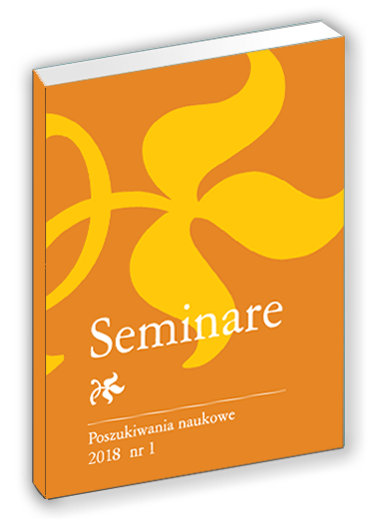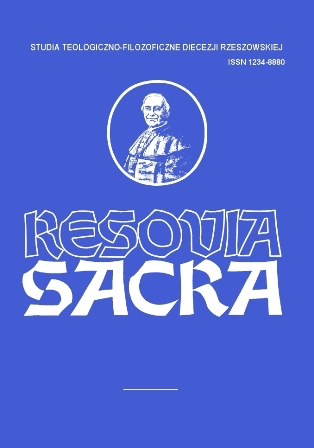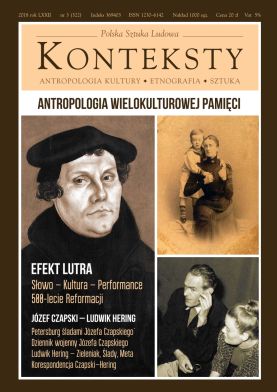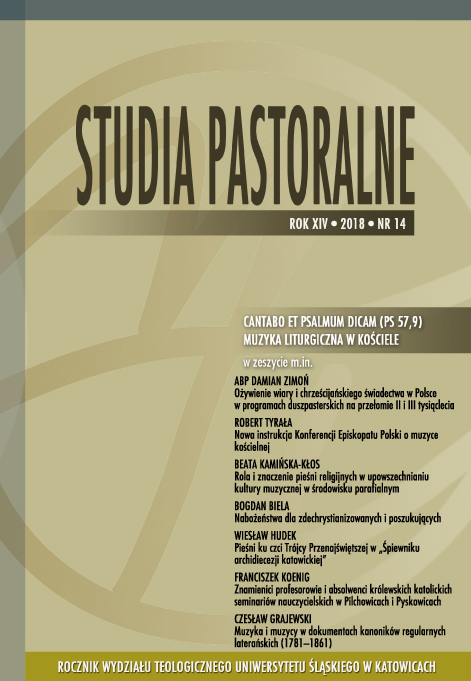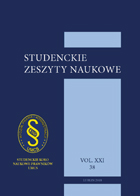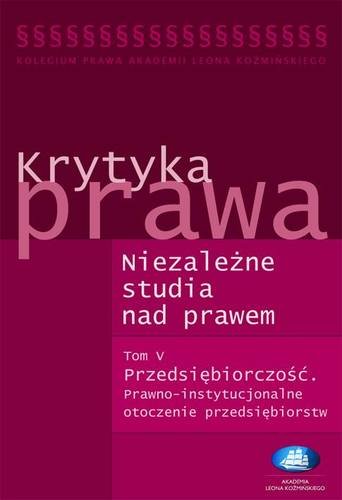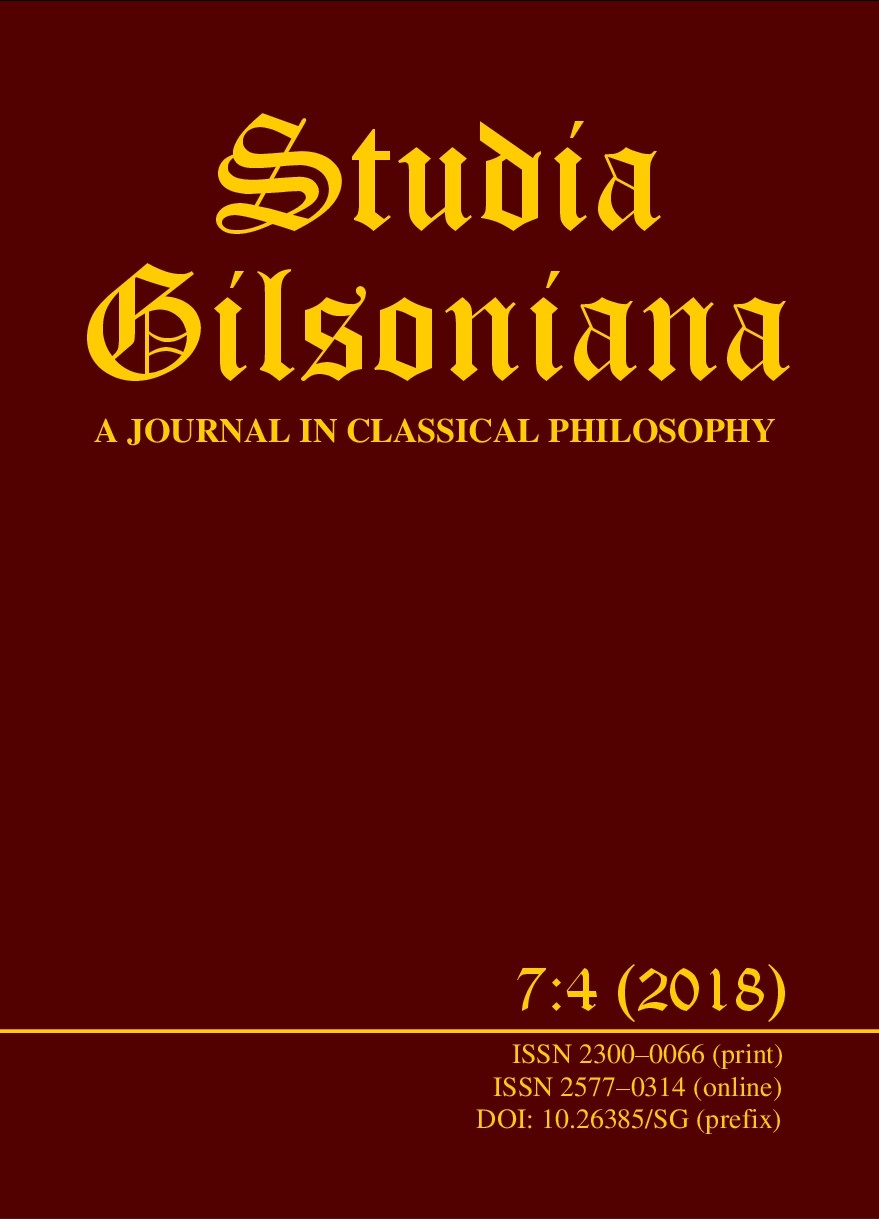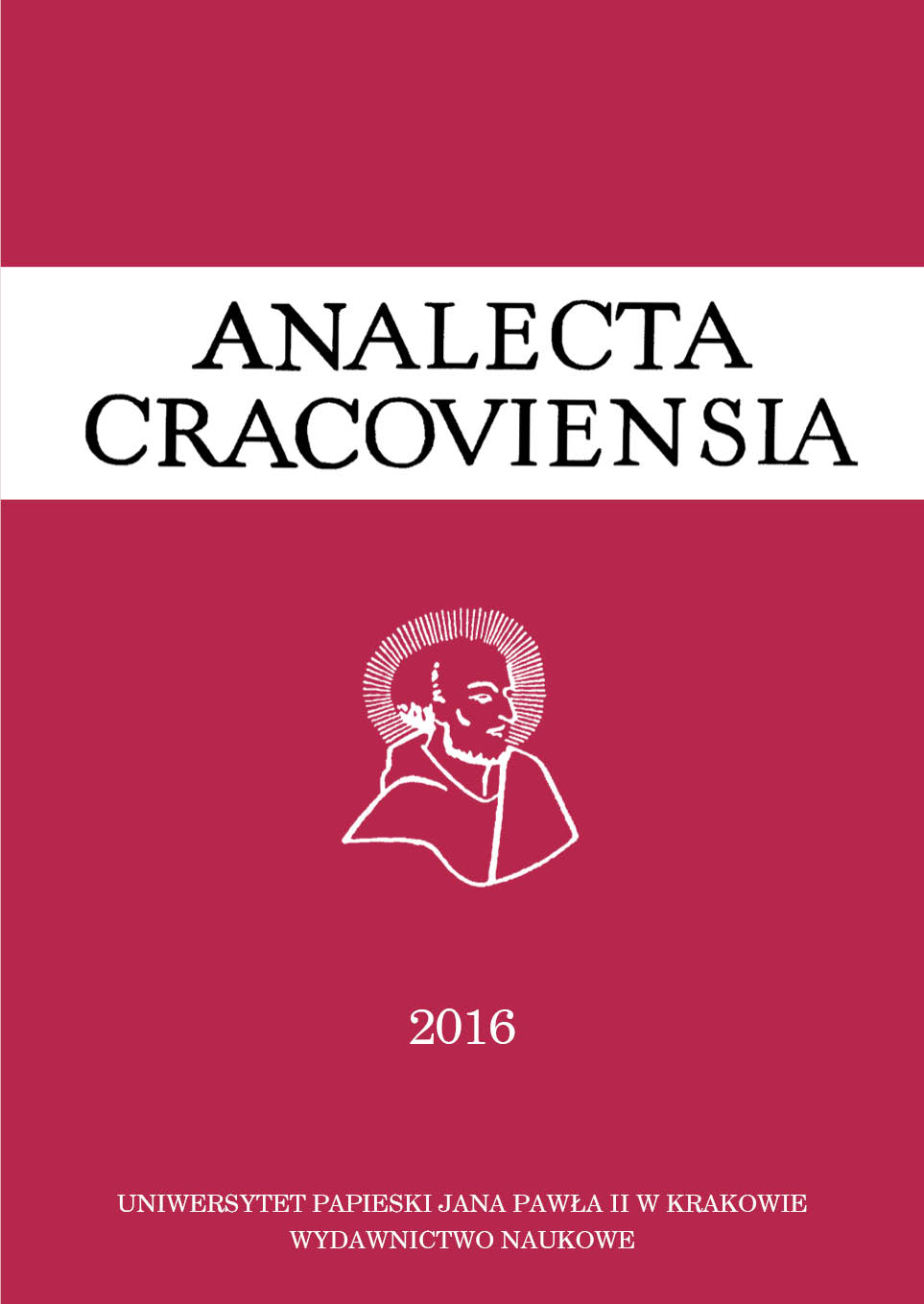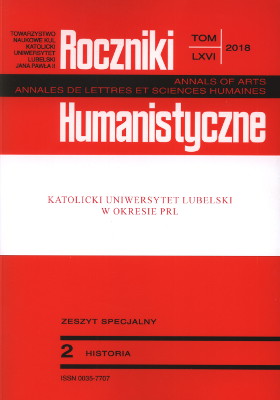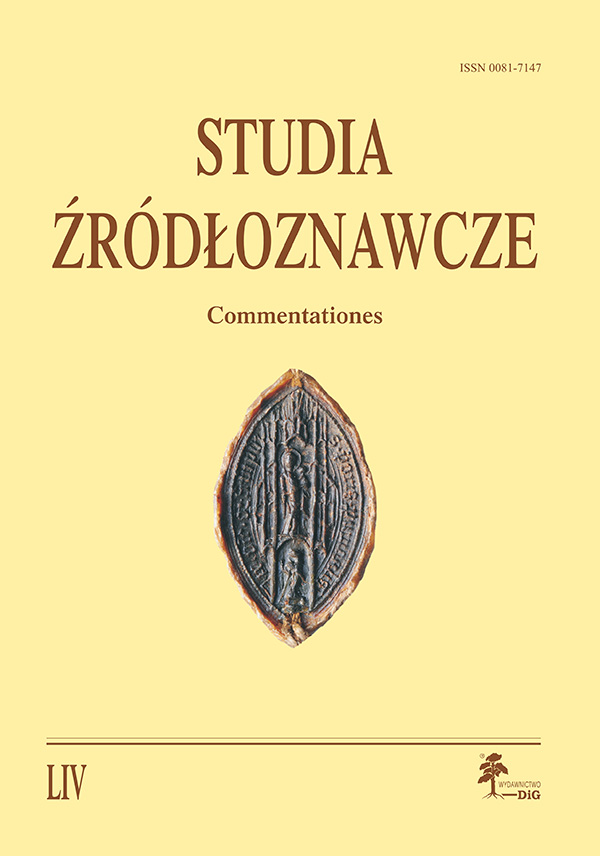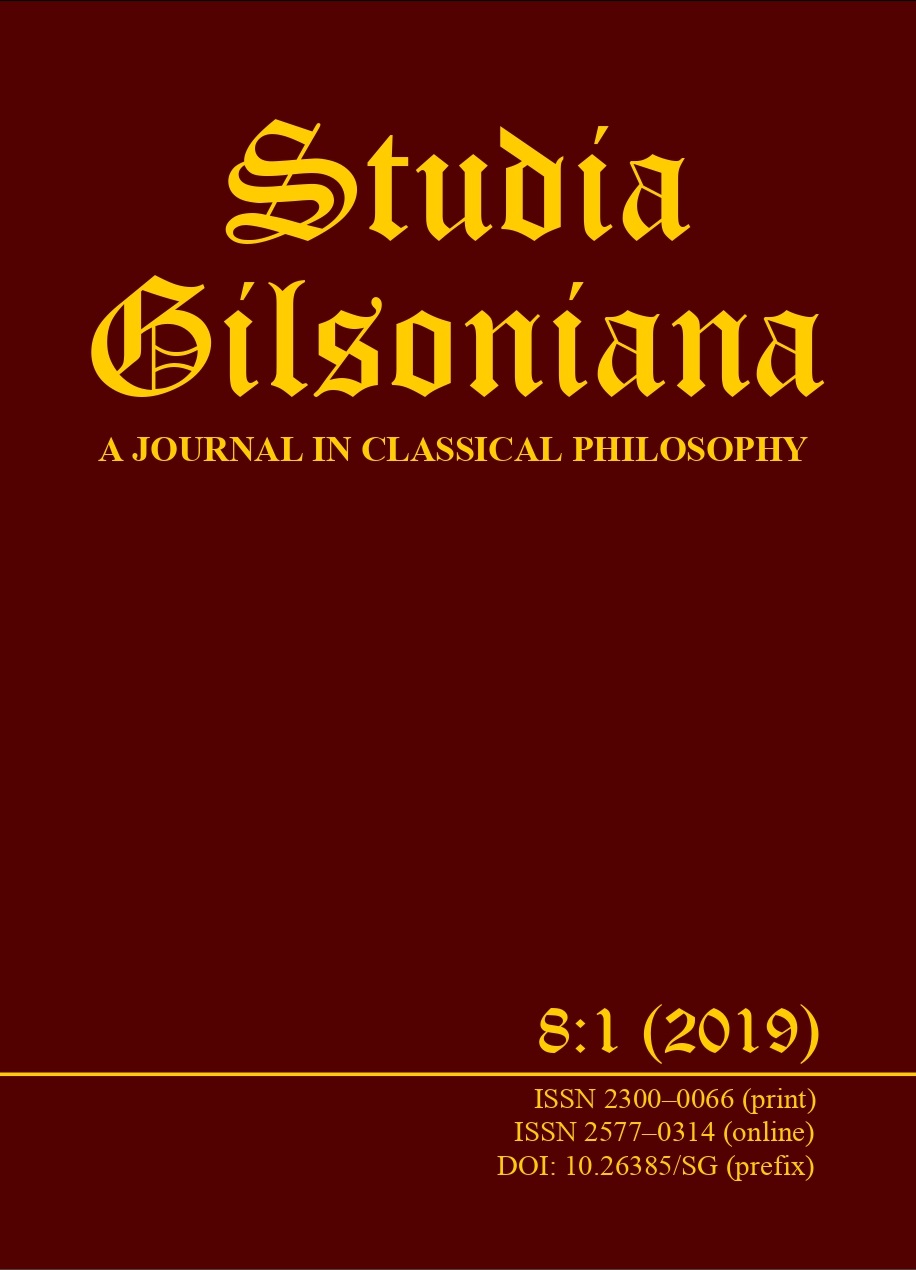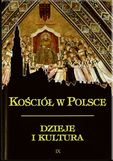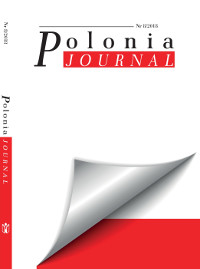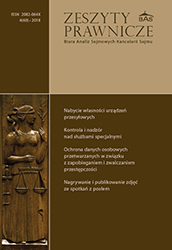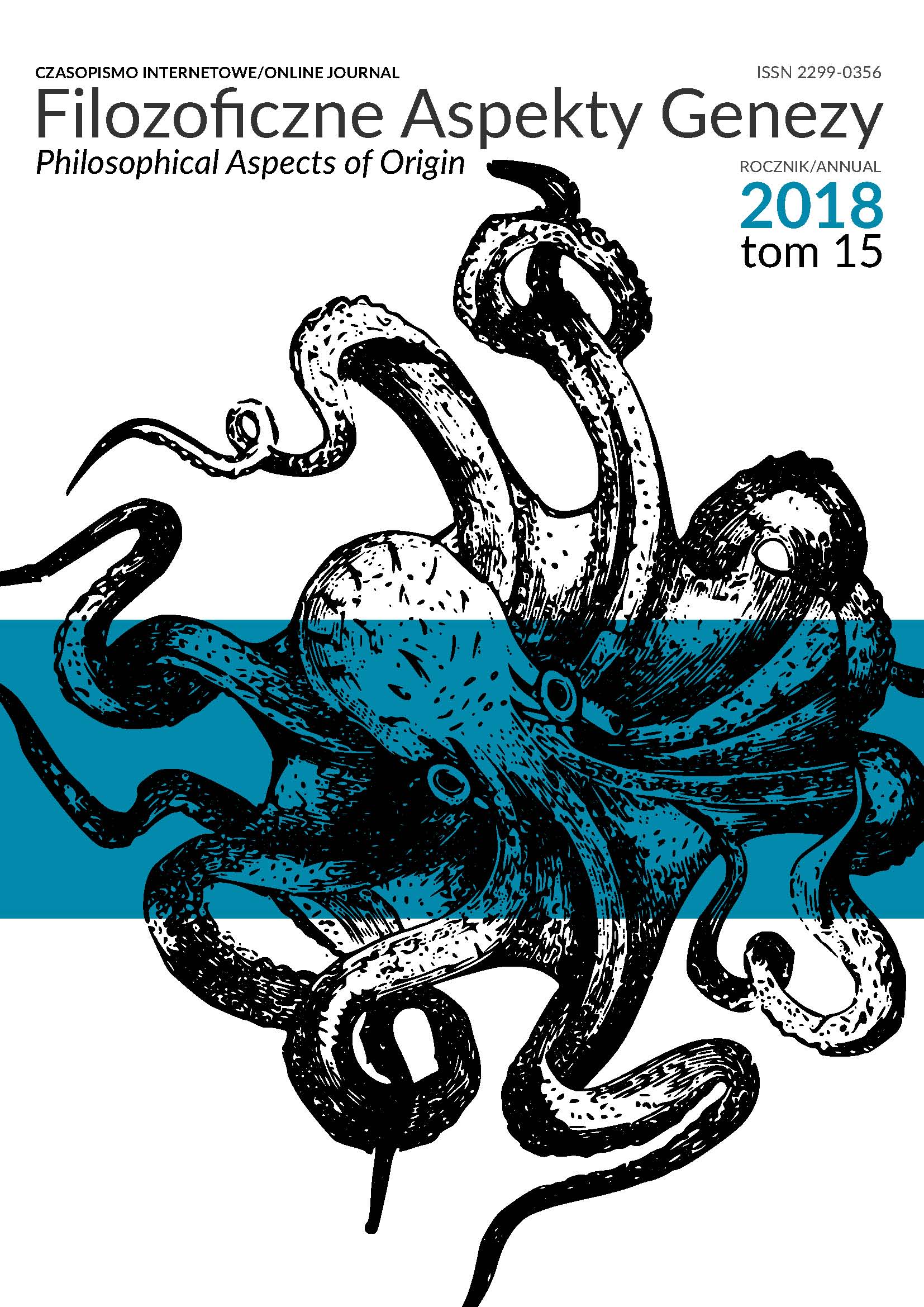Chrzest Polski - okoliczności, znaczenie i następstwa
Author(s): Marek Robert Górniak / Language(s): Polish
/ Issue: 16/2017
Keywords: 1050 anniversary of the baptism of Poland; historiography of the origins of Christianity in Poland; Mieszko I; History of Poland
The year 2016 marks 1050 years since the most decisive moment in the history of our country, which defined its identity for centuries. This anniversary is the topic of this article which will attempt to generalize and systematize Polish historiography devoted to the issues of the circumstanc- es, the significance and consequences of the baptism of Poland. Analysis of the literature clearly demonstrates that baptism radically changed the face of the whole nation in terms of cultural, social, moral and political state. More importantly – from that moment the history of Christianity and the Polish state were always closely related. At the same time Poland has become a part of Western, Christian civilization and found itself in the circle of Latin culture. We then obtained a special place in Europe, and almost all of our cultural heritage, remaining in contact with the cultural space of Europe, was based on ideological patterns of Christianity. Taking into account the achievements of our ancestors, we owe all past generations our respect and memory. In the current politically, socially and morally disturbing situation, in which Europe found itself, we should remind ourselves about our Christian origin. Especially when many rel- egate faith and Christian traditions in the Polish nation on the margin and Europe is threatened by Islam. We need everyone to realize that only coming back to Christian roots can save Europe and Poland strong in its faith and tradition has a special task. Let us remember that the baptism of Mieszko was not only his personal act, but the baptism of the Nation, baptism of Poland. Without understanding the historical role of Christi- anity in our country one cannot fully understand Polish History, and the year 966 is (and always will be accounted for) as a central caesura, form which the past and the future of Poles is counted from.
More...
